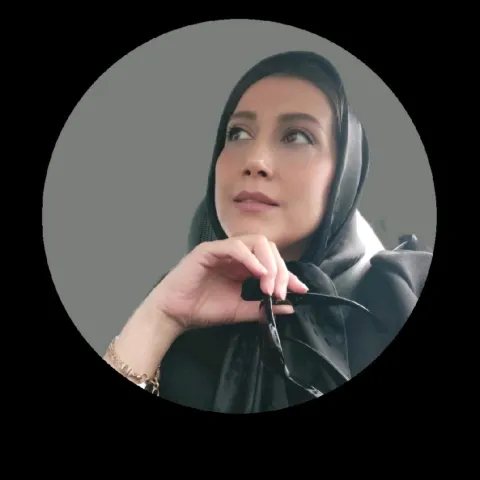
Azadeh, Iran

Persistent coughing was preventing my husband from resting.
He also had hiccups that lasted for several days, along with weakness, weight loss, night sweats, loss of appetite, and body pain.
Unfortunately, the gastroenterologist only ordered an ultrasound, while a simple chest X-ray was what eventually revealed the mediastinal mass.
The biggest challenge for me was learning how to behave as a caregiver in a way that was supportive rather than making the difficult situation even harder. Financial strain and, unfortunately, the shortage of essential medications in Iran also added to the difficulties. In my view, having access to adequate resources of any kind can greatly support both the patient and the caregiver, along with the influence of personal characteristics and other individual factors.
At that time, I had a bachelor’s degree in psychology, and my first source of support was books and websites that provided information about cancer, as well as academic articles. My family also helped by providing fresh and healthy food. In addition, my husband’s own personality as a patient allowed me to manage things in an organized and structured way—from nutrition and meditation to creating a calm atmosphere at home.
Of course, it was a very difficult period. There were days when, once I was alone, I would cry out of exhaustion and from the feeling that no one really sees the caregiver.
It was not a good experience at all. The only person who truly listened was my husband’s hematologist–oncologist, Dr. Gholamreza Tokeh. But in my opinion, the rest of the system was far from meeting acceptable standards.
As the wife of someone with cancer—and as the primary and only caregiver during his illness—I want to speak to the women who share a similar experience and are just beginning their caregiving journey.
First, I want to say that if you view the cancer diagnosis as the worst event of your life, you will become exhausted very early in the process. It is better to take a step back and see what has appeared on your path as a moment of evolutionary growth. In my view, a difficult period can become a shortcut to maturity and awareness—a nudge that shifts your direction toward seeing yourself and your surroundings more deeply.
After that, I truly recommend that caregivers take their own physical and psychological health seriously and consider seeking professional support as a necessary part of what they are going through. And finally, I ask caregivers to be a voice for one another, to speak with strength, and to never overlook themselves.
